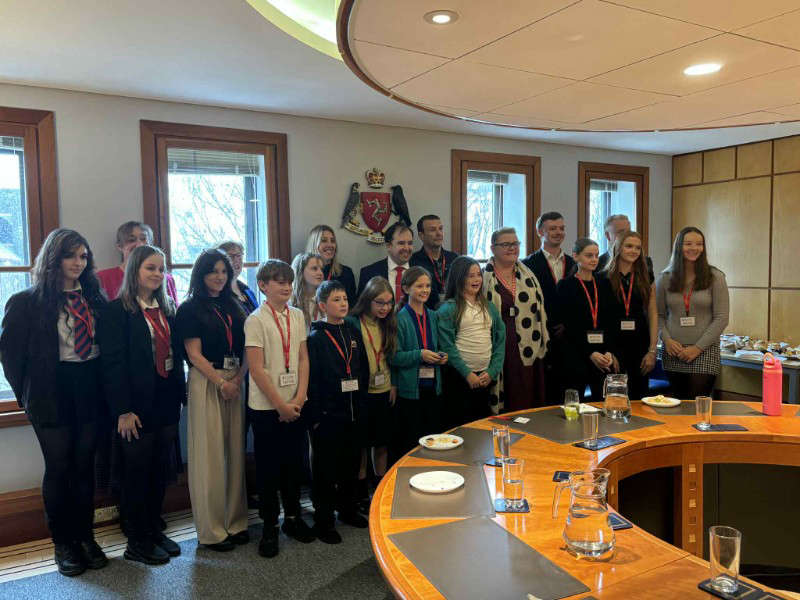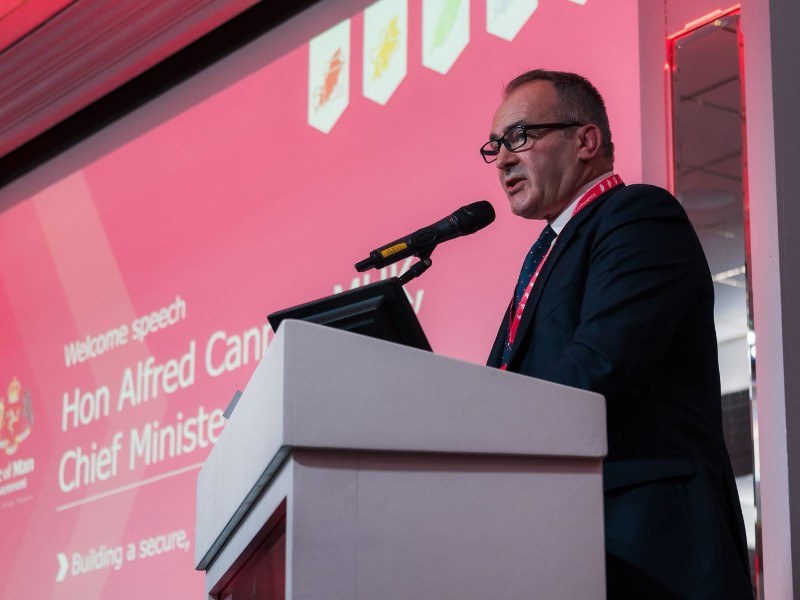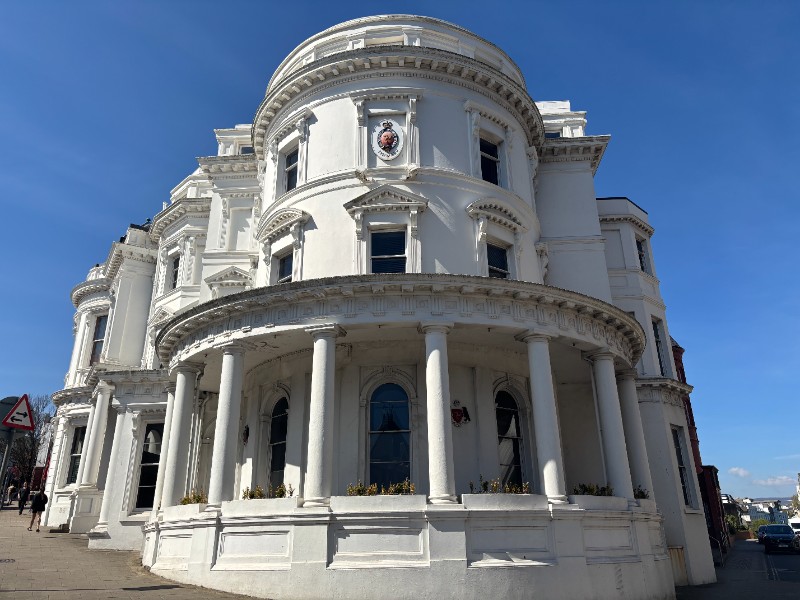
Framework aims to embed children’s rights across all areas of government
Tynwald is debating a new Child First Policy which aims to make the welfare and rights of children a core consideration across all areas of government decision-making.
The policy - published by the Cabinet Office - sets out how departments, boards and public bodies should ensure that children's needs, safety and perspectives are prioritised when developing laws, services and policies.
It applies to all children under the age of 18.
Although non-statutory, the policy is described as a whole-of-government commitment designed to embed a consistent approach to safeguarding, early intervention, and the inclusion of children’s voices in public life.
It is structured around four main themes - making policy child-centred, protecting and caring for children, providing opportunities to grow and thrive, and supporting families - alongside eight "ways of working" which departments are expected to adopt in practice. These include collaboration between agencies, prevention through early help, and listening directly to children and young people when decisions affect them.
The Cabinet Office says the framework draws on lessons from Ofsted’s 2023 inspection of Children’s Social Care, Serious Case Reviews, and the Independent Covid Review, all of which emphasised the need for stronger cross-agency cooperation and consistent safeguarding standards.
Under the new policy, government departments are expected to demonstrate how their work aligns with children’s rights under the UN Convention on the Rights of the Child, and to provide training for staff in child-centred and trauma-informed practice.
The initiative also supports the government’s Our Island Plan pledge to strengthen families and reduce inequality, with a focus on early intervention and the “Think Family” approach - encouraging joined-up support across services such as health, education and social care.
The Cabinet Office describes the policy as a foundation for long-term change rather than a single programme, with ongoing monitoring to assess its impact on children’s outcomes and how effectively their voices are reflected in policy decisions.


 Cannan rejects claims of 'irresponsibility' over uncosted announcements
Cannan rejects claims of 'irresponsibility' over uncosted announcements
 Manx.net emails will no longer be free
Manx.net emails will no longer be free
 Government urges whistleblowers to avoid media and politicians in new policy
Government urges whistleblowers to avoid media and politicians in new policy
 Tynwald pays tribute to 'highly respected figure in Island life'
Tynwald pays tribute to 'highly respected figure in Island life'
